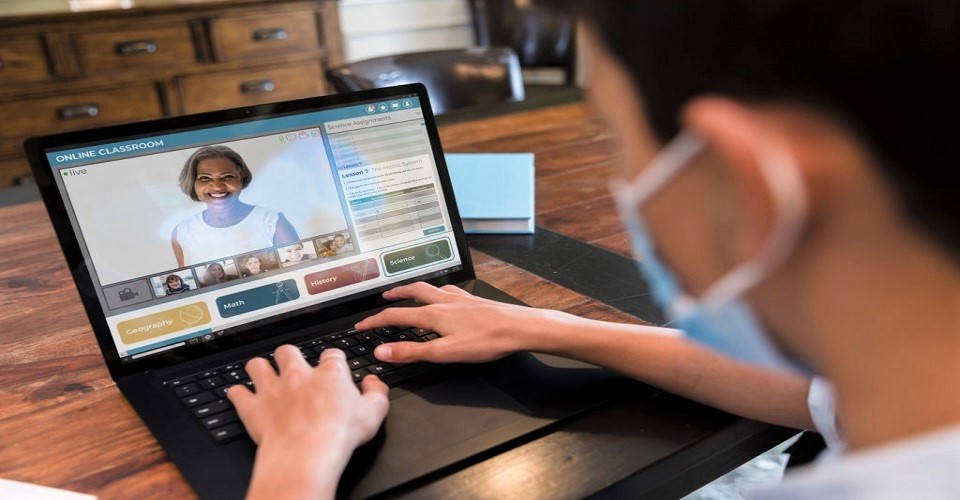Educators must connect with their students during COVID-19
11th September 2020
Research says that the COVID-19 situation is taking a toll on the mental health of children across the globe. Not only adults, but kids too are stressed over the global pandemic scenario being stuck at home and facing a screen for online studies which are affecting their mental health. In this situation a teacher must stay connected with his/her class and help them overcome this unprecedented situation.
We all are aware of the saying, “All work and no play make Jack a dull boy.” The true meaning of this age-old proverb is being reflected during this pandemic. The COVID-19 outbreak and the following lockdown resulted in the closing of schools globally. Consequentially, the school system shifted away from traditional classrooms to digital platforms. This forced closure of schools across the globe and the subsequent shift to an online platform are being seen to gradually impact children’s mental health, developing erratic sleep habits and mood disorders.
With less to no physical activities, not meeting friends/classmates, missing the classroom environment and seeing teachers, children are finding it difficult to cope with the ‘stay at home and online study’ concept and are failing to concentrate. Not only children, but teachers too are struggling to engage with students and see them all at once. Somewhat, teaching is becoming a one-sided affair.
The massive increase in screen time is also of great concern for parents. It includes not just the time they spend attending virtual school sessions, but also the time spent on digital homework as well. Moreover, as there are no physical activities that they can engage in, most kids remain glued to the screen all day long for playing video games or watching cartoon shows.
The question is, how can a teacher help in improving the mental health of children in an online classroom situation?
Teachers, with a school counsellor training, need to include several additional steps to their daily or weekly schedules to connect with and cheer students to uplift them. Teaching and learning in such a time need to be more relational and less transactional.
- Institutions need to stress on the emotional side of learning for all kids before continuing with the day’s class.
- Teachers can plan to start each class with a session on social and emotional learning.
- Design activities where every individual has a role to play.
- Make them feel valued and part of the class.
- Plan to provide support services for students to cope with the trauma of the pandemic.
- Plan a brief weekly session for students to connect with their teachers and peers around social and emotional skills.